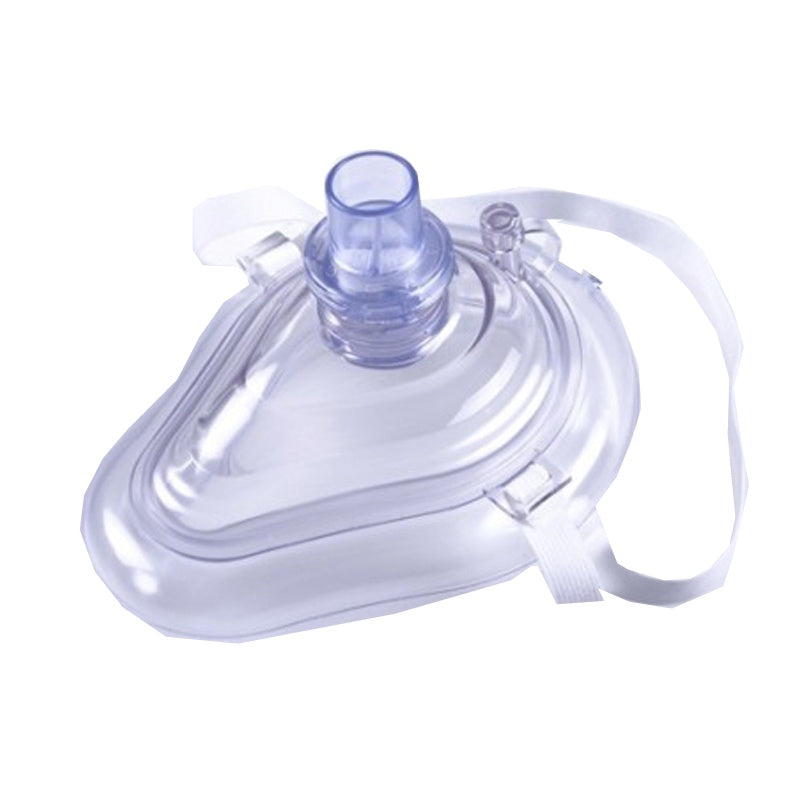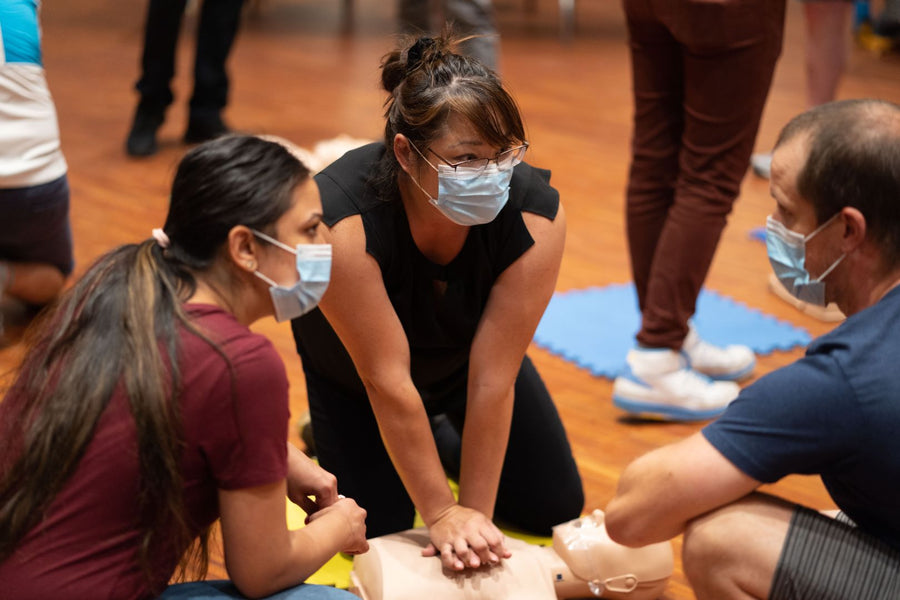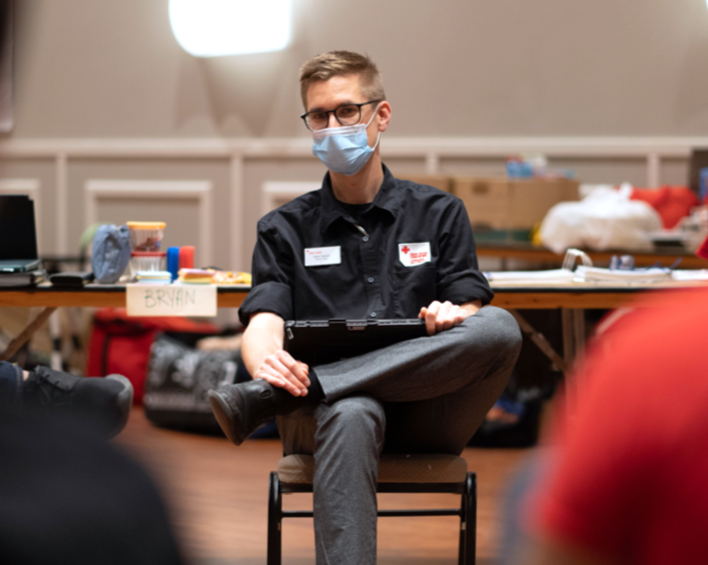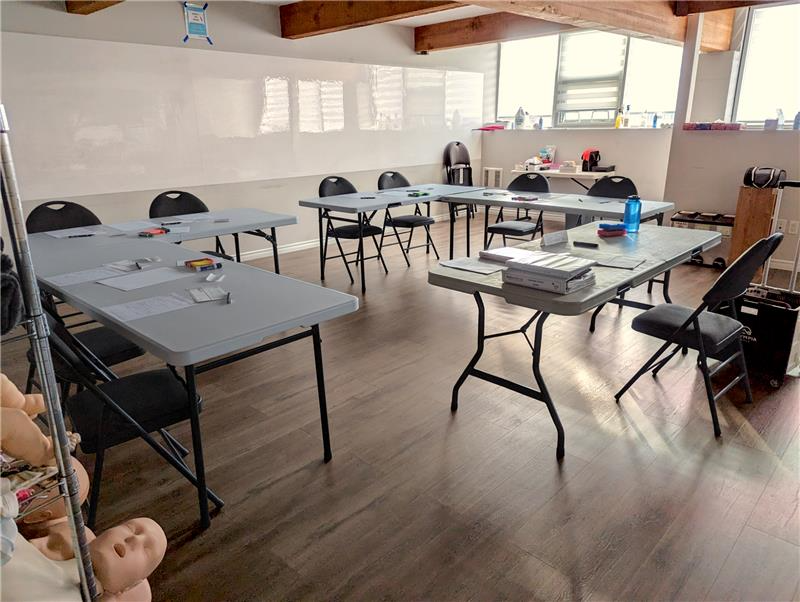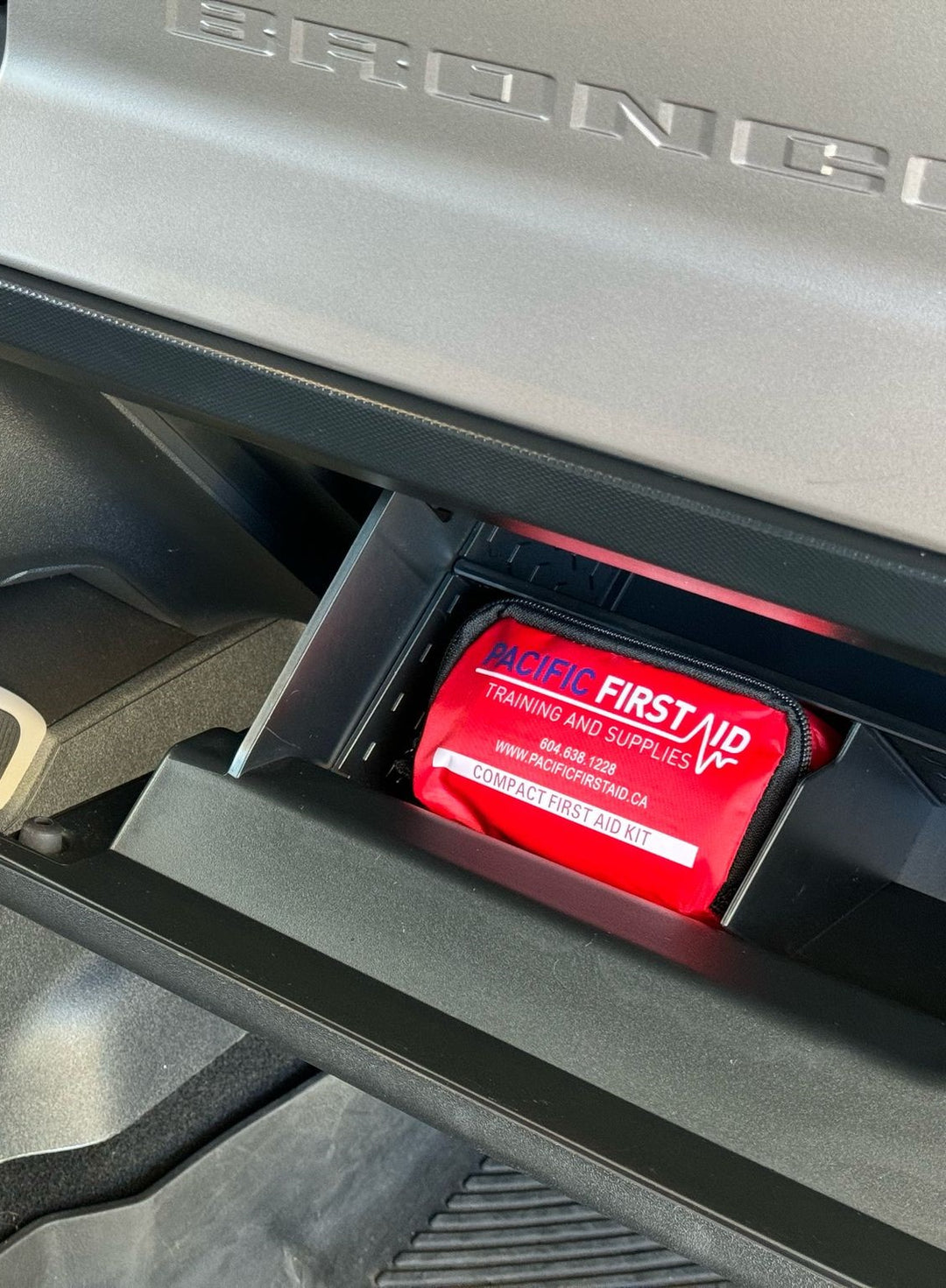
World First Aid Day 2025: Building Climate Resilience Through First Aid
A Changing Climate Calls for New Preparedness
This summer alone, Canadians have faced record-breaking wildfires, extreme heat warnings, and localized flooding. These aren’t isolated events—they’re the new reality of a warming climate. And while we can’t always prevent disasters, we can prepare for them. That’s why this year’s World First Aid Day, on September 13, 2025, carries a powerful theme: “First Aid and Climate Change.”
Why World First Aid Day Matters
World First Aid Day is a global call to action, reminding us that first aid saves lives. Around the world, communities equipped with first aid training reduced preventable deaths and injuries by as much as 40% (IFRC Global First Aid Reference Centre, 2025). Research studies also concluded that first aid training lowered mortality rates by 30% (IFRC First Aid and Climate Infographic, 2025). Yet as climate change fuels more frequent wildfires, floods, heatwaves, and severe storms, first aid is no longer just a personal skill—it’s a climate resilience strategy.
The Global and Canadian Picture
Globally:
- Heat-related deaths are already estimated at 489,000 per year between 2000 and 2019.
- Flooding impacts close to 20% of the world’s population annually.
- In 2022, almost half the world’s population – about 3.6 billion people – were living in areas most exposed to the dangers of global warning (IFRC First Aid and Climate Infographic, 2025).
Here in Canada:
- Wildfires: The 2023 and 2024 BC wildfire seasons were the most destructive on record*. Smoke exposure and burn risks are rising for entire communities.
- Heatwaves: The 2021 Western North America heat dome caused over 600 heat-related deaths in BC alone from June 25 to July 1— and is named the “deadliest weather event” in Canadian history.
- Healthcare Disruptions: Floods and storms continue to overwhelm hospitals and cut off access to emergency services.
- Vulnerable Communities: Indigenous and remote populations often face displacement and trauma during disasters, making psychological first aid especially vital.
- New Health Risks: Climate shifts are expanding tick and mosquito ranges, increasing the risk of Lyme disease and other vector-borne illnesses (Public Health Agency of Canada, 2019).
These realities mean more Canadians will encounter emergencies where professional help is delayed—and where basic first aid can mean the difference between life and death.
* Note: At the time of writing, the 2025 statistics haven’t been released yet.
How Pacific First Aid Helps Communities Prepare
At Pacific First Aid, we believe first aid is more than a skill—it’s a form of climate resilience. Here’s how our courses and supplies help you prepare for today’s emergencies:
1. Climate-Driven Emergency Training
Our courses cover essential responses to climate-driven emergencies:
- Recognizing and treating heat exhaustion and heat stroke.
- Managing smoke inhalation, burns, and respiratory distress during wildfires.
- Responding to flood-related injuries and hypothermia.
2. Psychological First Aid (PFA)
We offer training in Psychological First Aid to help people support themselves and others during disasters. This is especially valuable for communities disproportionately impacted by displacement, trauma, or loss.
3. First Aid Kits Built for Today’s Risks
We supply (and can also work with you to customize) first aid kits to prepare you for extreme weather:
- Cooling packs and sprays for heat emergencies.
- Burn dressings and protective masks for wildfire smoke.
- Waterproof packaging to protect supplies during floods.
- Compact solar-powered flashlights and whistles for emergencies.
4. Community Outreach and Preparedness
We run tailored-for-you workshops, onsite trainings, and community programs that address local climate realities—whether wildfire readiness in BC, flood response in Manitoba, or heat preparedness in Ontario. Contact us for more information!
What You Can Do Today
This World First Aid Day, turn awareness into action:
- Learn first aid or refresh your skills with a Pacific First Aid course.
- Stock climate-smart first aid kits for your home, workplace, and vehicle.
- Support community resilience by sharing your knowledge with family, friends, and colleagues.
- Download the free IFRC Universal First Aid App, a multilingual app designed for people with little to no first aid experience, as well as for people who want to maintain their skills and knowledge.
Climate change is transforming the emergencies we face—but it doesn’t have to define the outcomes. First aid gives us the confidence and capacity to protect one another when it matters most.
This September 13, join Pacific First Aid in recognizing World First Aid Day and commit to building a safer, more resilient Canada—one course, one kit, and one skill at a time.



